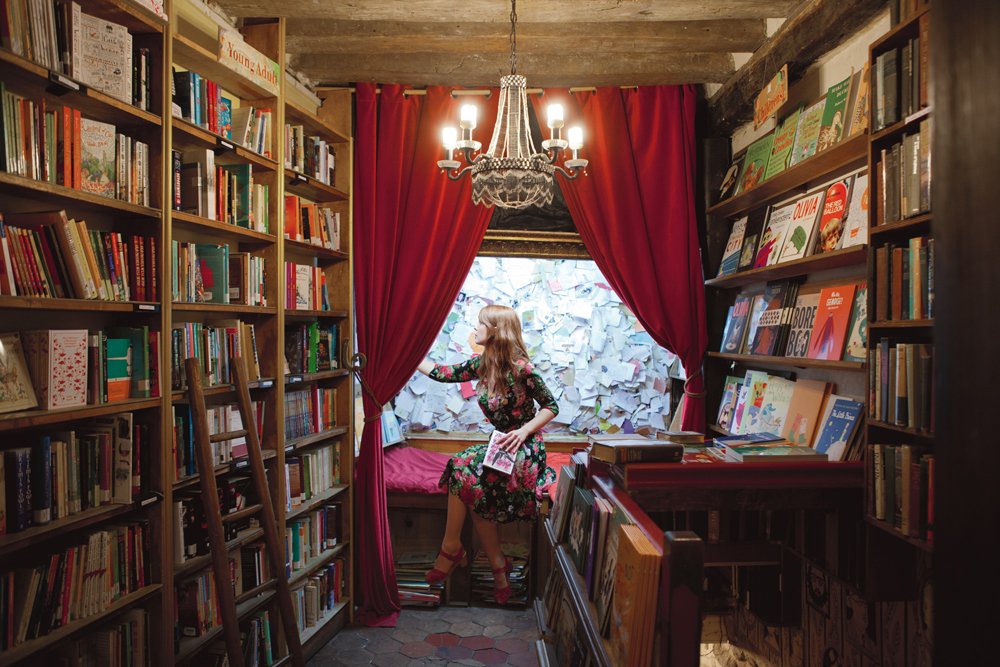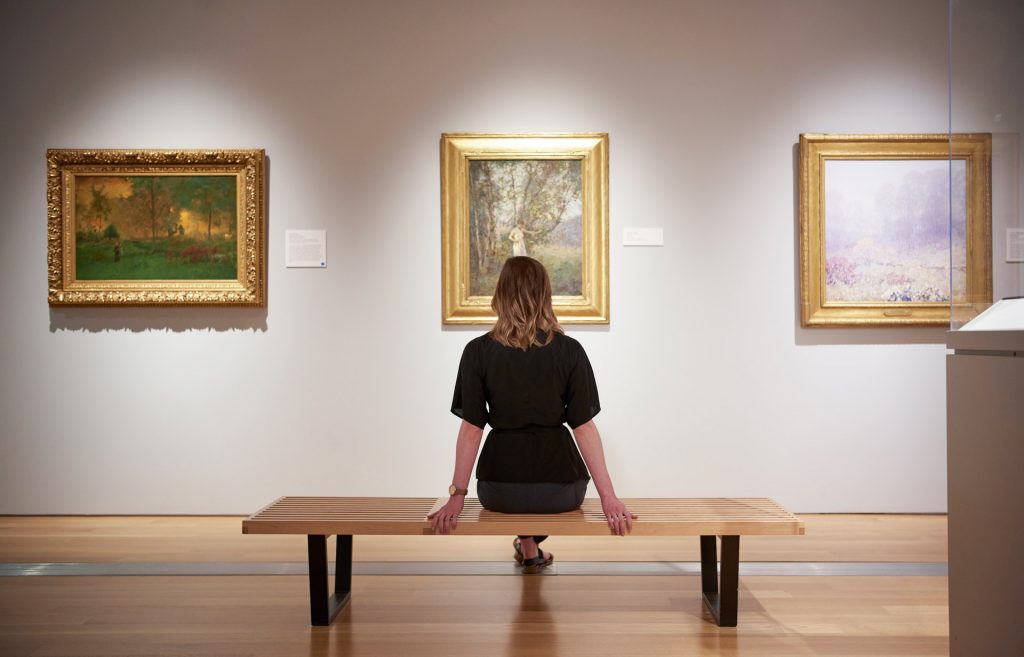To the artist no doubt, art in its purest form is a method of vibrant self-expression. While the painter, poet, and musician shows us that art can manifest itself in a variety of forms, what remains elusive to us is why such expressions are important in the first place. In particular, when we think of art or examine one of its many creative forms, we compel ourselves to question: what is it all for? It is usually difficult for a person to concisely say why they gravitate towards certain art, let alone provide an answer for its grand purpose to humanity.
In his book Art as Therapy, philosopher and author Alain de Botton attempts to answer this question in full sincerity. Why does art matter then? Because it distracts us from the everyday world, because it makes us feel less alone, and because it lets us better appreciate life and what truly matters to human flourishing.
Art provides us with an experience like no other as we trudge through the monotony of everyday life. During our routine commute to and from the office, we distract ourselves from habit and repetition by listening to the music we enjoy; on a tranquil Saturday morning, we find delight by immersing ourselves in a good novel. Perhaps after weeks of strenuous essay writing, we find solace by going to the cinema or the local art museum. Whatever the form, art is escapism from the heaviness that burdens everyday life.

Image by Lauren Elkin. Available on the Paris Review under Creative Commons 2.0 license.
Art further allows us to feel less lonely in a world overflown by strict societal norms and standards of behaviour. As we go about our everyday interactions, we may put up a façade by not saying what we truly think, or by not expressing how we truly feel in the fear that we shall be judged, ridiculed, or labelled as deviant by the collective. Art however, allows us to feel understood. Whether it be a sad melody, a sombre painting, or a sentimental film, art reassures us that our emotions—pain, sadness, anger, and fear—are a pertinent part of what it means to be human.
Finally, art allows us to reconnect with life itself; it alleviates the boredom and harshness of living by reminding us of the immense beauty that exists in the world and in human experience. Examining a Monet painting may perhaps remind us of the beauty that exists in nature, viewing the photography of Henri Cartier-Bresson similarly captures the beauty that exists in spontaneity and the ephemeral moment. By exposing ourselves to art that means something to us, we are in a sense, invigorating our inner spirit. After watching a good film or attending a great concert, we intimately feel this energy, but most importantly, such moments make us feel happy—as if some part of ourselves yearning for beauty and experience had been fulfilled. It is in this sense that art allows us to discover what truly matters to us; whether it be the experience of writing meaningful poetry or reading a romance novel, the art we appreciate is a reflection of what we value in life.
As we go about the everyday, we may forget about the value of art. It is important however, to occasionally remind ourselves of precisely why it matters if we seek to live the most content and artistically fulfilled life.

